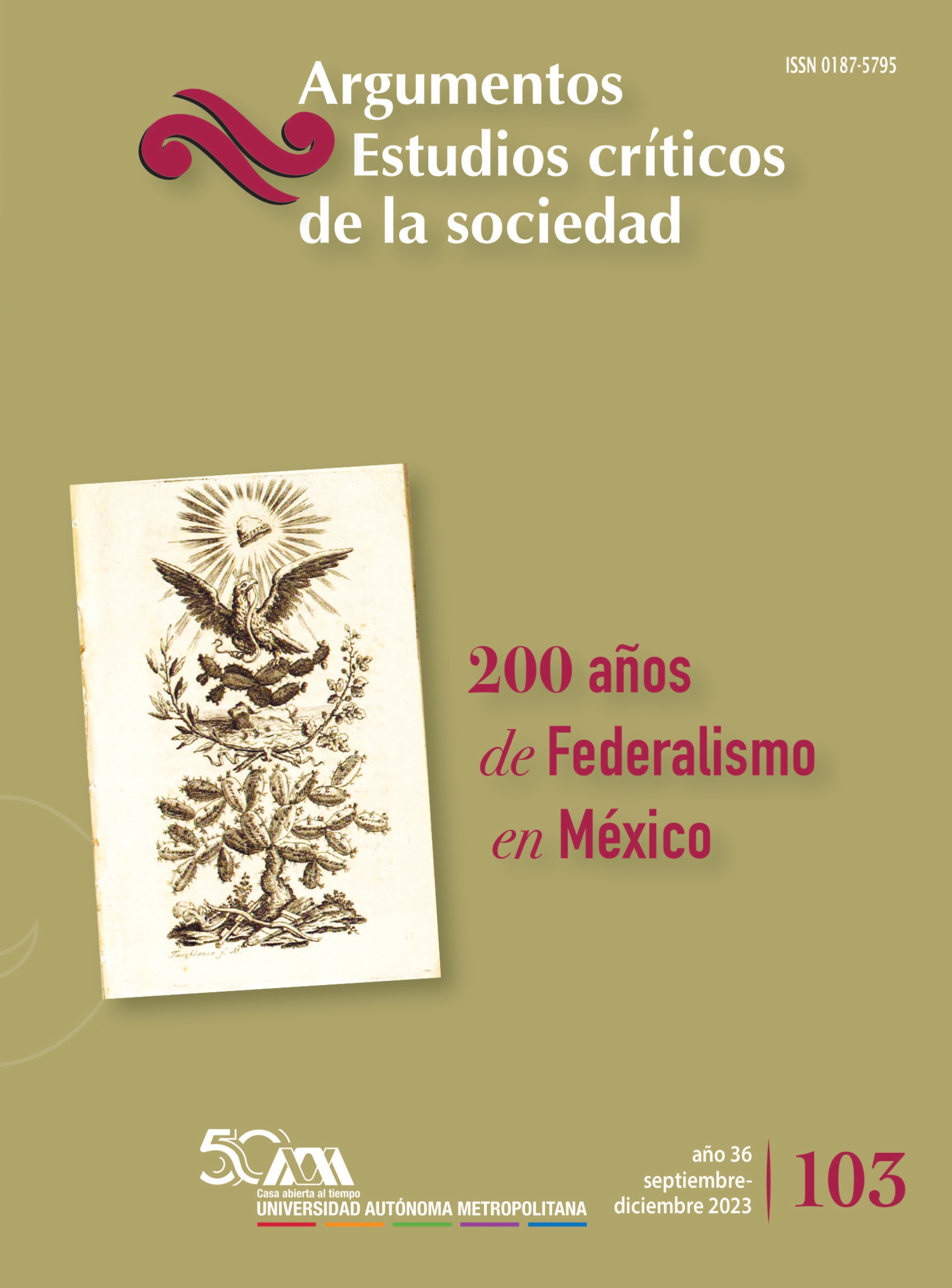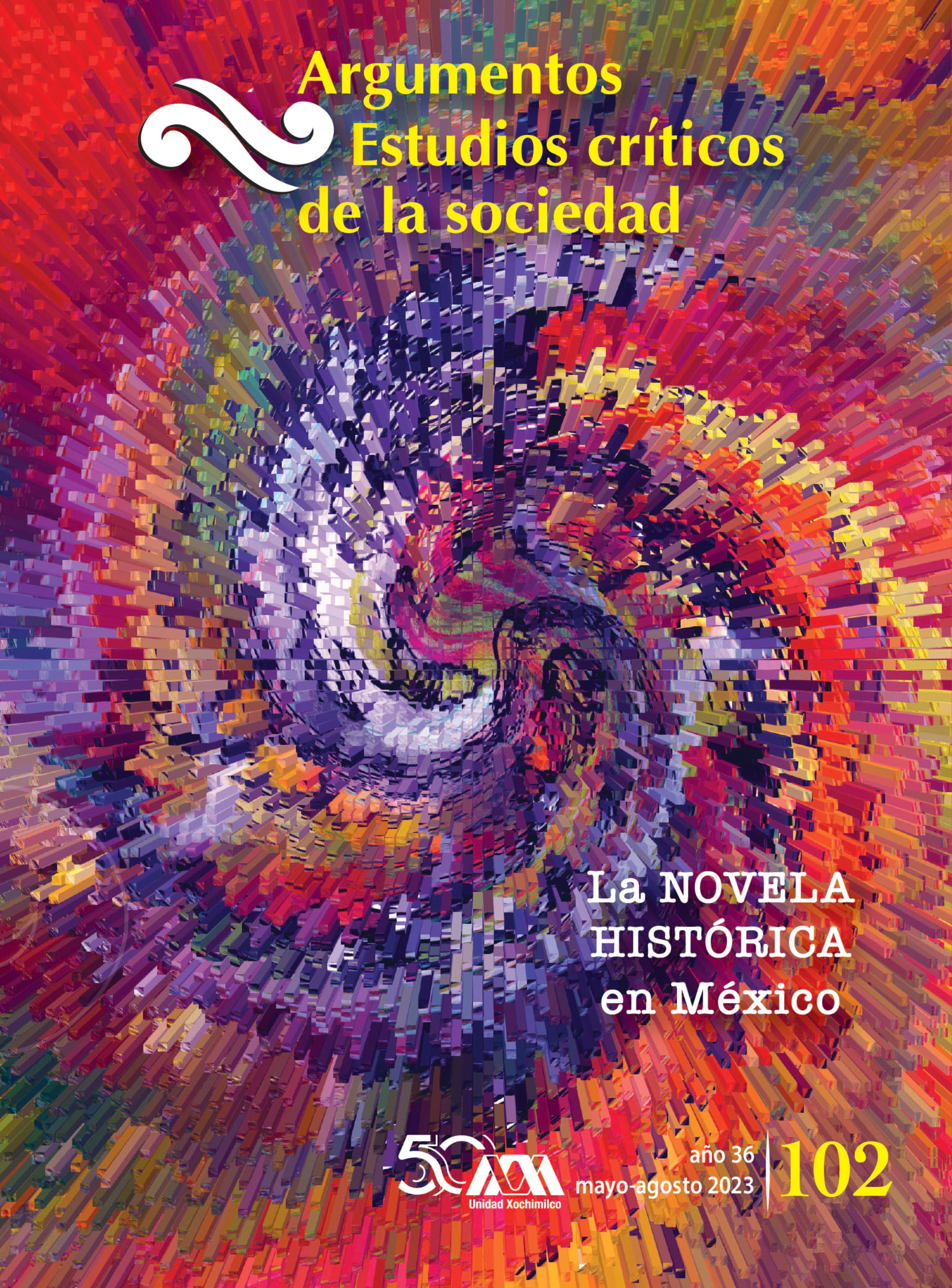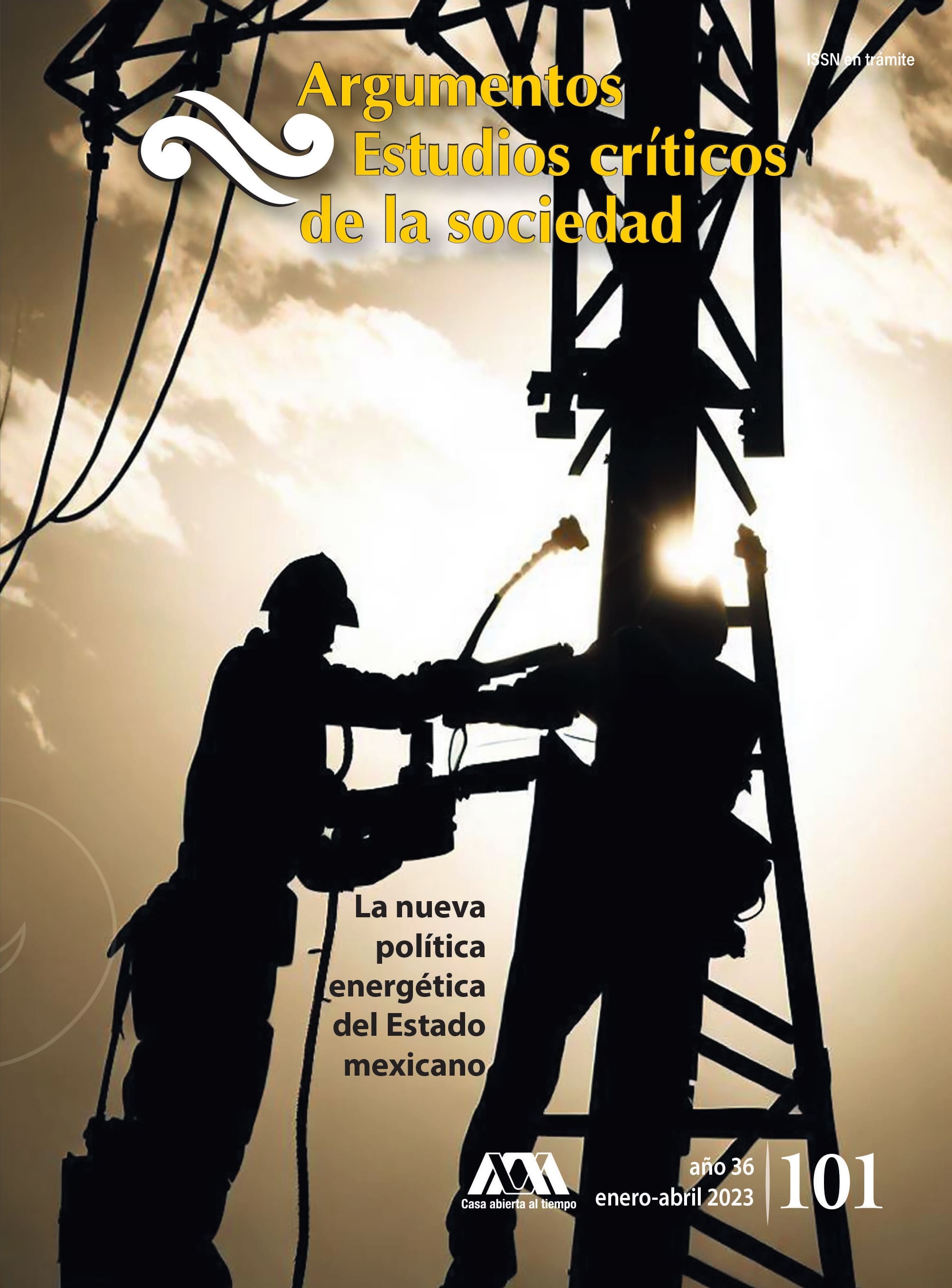Ernst Bloch and Theodor Adorno: lights of romanticism
DOI:
https://doi.org/10.24275//uamxoc-dcsh/argumentos/2022100-13Keywords:
Illustration, Romanticism, Aufklärung, Ernst Bloch, Theodor AdornoAbstract
Enlightenment and Romanticism are very often presented as mutually exclusive ways of thinking. The aim of this short essay is to show, in the work of two twentieth century critical theorists, Theodor Wiesengrund Adorno and Ernst Bloch, two distinctive ways of inventing a dialectic between the Enlightenment “Aufklärung” and the romantic revolt.
References
Adorno, T. (1999). Notes sur la littérature. París: Champs Flammarion.
—— (1986). Prismes. Critique de la Culture et Société. París: Payot.
Berlin, I. (1981). “The Counter-Enlightenment”, en Against the Current. Essays in the History of Ideas. Oxford: Oxford University Press, pp. 6-20.
Bloch, E. (1953). Principio Esperanza, vol. I.
—— (1953). Principio Esperanza, vol. II.
—— (1959). Principio Esperanza, vol. III.
—— (1985). Geist der Utopie. Frankfort: Suhrkamp Verlag.
Habermas, J. (1974). “Un Schelling marxiste”, en Profils philosophiques et politiques. París: Gallimard, pp. 193-214.
Horkheimer, M. y T. Adorno (1974). La dialectique de la raison. París: Gallimard.
Löwy, M. (1976). Pour une sociologie des intellectuels révolutionnaires. L’évolution politique de Lukacs 1909-1929. París: Presses Universitaires de France.
Löwy, M. y R. Sayre (1992). Revolte et Melancolie. Le romantisme à contre-courant de la modernité. París: Payot.
Lunn, E. (1982). Marxism and Modernism: an Historical Study of Lukacs, Brecht, Benjamin y Adorno. Berkeley: California University Press.
Münster, A. (1978). Tagträume von aufrechtem Gang. Sechs Interviews mit E. Bloch. Frankfort: Suhrkamp.








